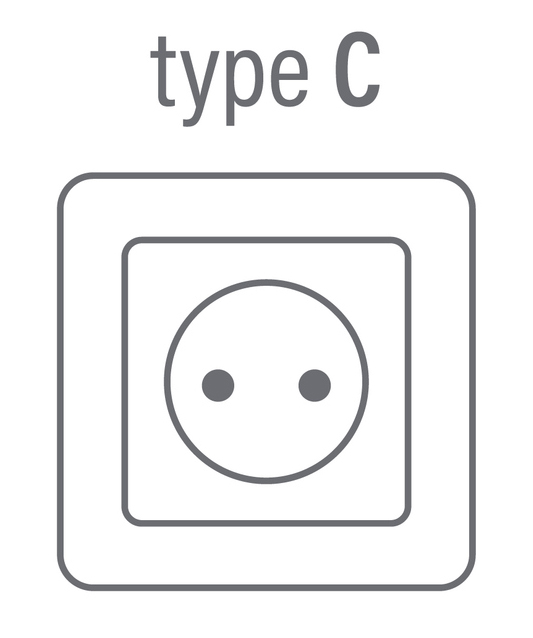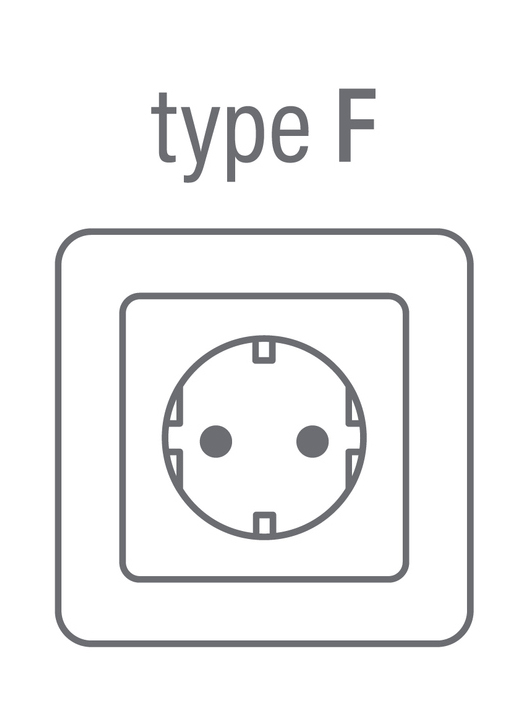Iceland
![]()
TRAVEL INFORMATION QUICK LINKS
Navigate your travels seamlessly with vital information on passport and visa requirements, plug types, currency exchange, and other essential details to make your journey hassle-free.
Stay informed and prepared for your journey with these essential health and safety tips to ensure a smooth and worry-free travel experience.
A handy guide offering suggested tipping amounts to enhance your travel experiences with ease and respect for local customs.
Prepare for your adventure with insights into the weather of your destination, offering valuable information to help you pack and plan accordingly for a comfortable and enjoyable journey.

ESSENTIAL TRAVEL INFORMATION
PASSPORT REQUIREMENTS
- Passports must have at least three months of validity remaining beyond the date of intended departure from the Schengen Zone. Six months validity is recommended.
- Beginning November 10, 2024, the EU Entry/Exit system (EES) will replace the physical stamping of passports when you go through passport control in the EU/Schengen area. Non-EU nationals will be required to provide their passports as well as have a photo of their face taken and their fingerprints scanned each time they cross the external borders of a country in the EU. Everyone, regardless of age, will need to go through the EES checks. Children under 12 will not need to provide fingerprints; however, they will still need to have a facial scan taken. Learn more at europa.eu/ees
VISA REQUIREMENTS
- US citizens do not require a visa for business or tourism for stays of ninety days or less.
- Please note: Beginning in late 2026, all U.S. citizens traveling to the Schengen Area will need to apply for ETIAS travel authorization ahead of their departure through the official ETIAS website or the ETIAS mobile app. Applications costs EUR 7, though children under 18 and adults over 70 are exempt from paying the application fee. Approval will generally be delivered via email within minutes of submission.
- Once approved, the ETIAS travel authorization will allow you to enter the Schengen Area as often as you want for short-term stays, normally up to 90 days in any 180-day period. The authorization is linked to your passport and is valid for up to three years or until your passport expires, whichever comes first.
- Read more at: US Department of State Profile for Iceland
LANGUAGE
- Icelandic is the de facto official language in Iceland, but English and Danish are also widely spoken as they are compulsory subjects in school.
CURRENCY
- The unit of currency in Iceland is the Icelandic krona (ISK).
- Most shops, restaurants, and hotels accept Visa, MasterCard, Maestro, and Cirrus cards. Some shops may accept American Express, Diners Club, and JCB.
TIME ZONE:
GMT +0VOLTAGE:
230V, 50HzPLUG TYPE:
Iceland uses Type C and F plugs.

IMPORT & EXPORT RESTRICTIONS
- The import of narcotics, meat products (including dried meat, bacon, sausages, salami, etc.), uncooked eggs and milk products, snuff and chewing tobacco, and used riding gear are strictly prohibited.
- All persons are barred from importing whale products from Iceland to the United States.
- The import of flowers and other plants generally requires a phytosanitary certificate issued by the relevant authorities in the country of cultivation, endorsed by the Icelandic Food and Veterinary Authority (MAST).
- The import of conventional medicines for personal needs during the stay is permitted, to an amount not exceeding 100 days of consumption.
- You may import or export up to ISK 8,000 in domestic currency. There are no restrictions on the amount of foreign currency that may be imported, and any amount of foreign currency up to the amount declared on arrival may be exported.
- For detailed import and export regulations, please consult the IATA Travel Centre.

TRAVELERS’ HEALTH & SAFETY
REQUIRED IMMUNIZATIONS
- There are no required immunizations required to enter Iceland.
- It is recommended that you are up to date on all routine vaccinations.
- Please visit the CDC.gov website for recommended immunizations to visit Iceland.
OTHER SAFETY NOTES
- Iceland has a very low rate of crime, but travelers should take the standard precautions of leaving valuables at home, carrying money and cameras close to one’s body, and avoiding large crowds or demonstrations.
LOCAL LAWS AND CULTURAL CONSIDERATIONS
- Many stores in the old downtown area in Reykjavik are not wheelchair accessible, and sidewalks lack curb ramps. Additionally, some hotels outside Reykjavik and smaller hotels in the capital are not all accessible to individuals with disabilities. Please advise Ker & Downey in advance if you have any health issues that might require special facilities.

GRATUITIES
- Porter: ISK 250 per bag
- Transfer driver: ISK 3,000 per transfer
- Guide – full day: ISK 7,000 per day
- Guide – half day: ISK 3,500 per day
- Driver – full day: ISK 4,000 per day
- Driver – half day: ISK 3,000 per day
- Restaurants: Round up to the nearest even number

WEATHER
- Winters in Iceland are cold, with temperatures often hovering around freezing or even dropping below.
- Snowfall is common, particularly in the northern and inland areas.
- Days are short, with limited daylight hours.
- Spring is a time of transition, with milder temperatures and longer daylight hours. Snow starts to melt, and the landscape begins to awaken.
- March can still have winter-like conditions, but by May, the weather is generally becoming more pleasant.
- Iceland experiences its mildest and most pleasant weather during the summer months.
- Average temperatures range from cool to mild, with temperatures rarely exceeding 20°C (68°F).
- Summer is the time of the midnight sun, where daylight can last almost around the clock.
- Autumn is marked by decreasing temperatures and the changing colors of the vegetation.
- September can still be relatively mild, but by November, colder conditions return.
- Rainfall tends to increase in the fall.